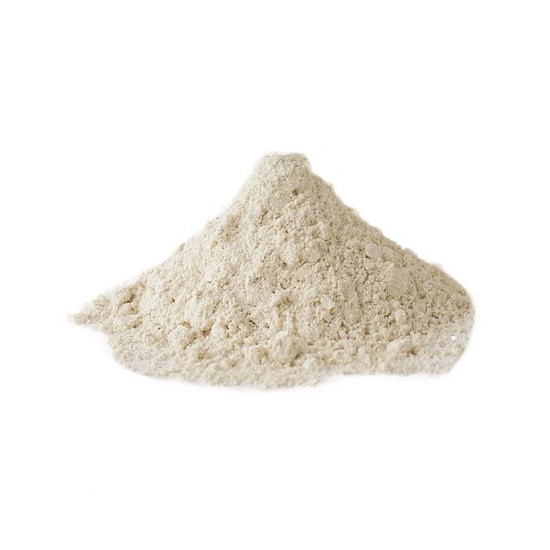Packaging: 10 g (or 200 g, 500 g & 1 kg) containing Chios mastic powder.
(Price includes VAT.)
Description: Chios mastic is a natural resin that comes from the trunk and branches of the mastic tree. Upon secretion, it appears as a sticky and clear liquid that solidifies into irregular shapes after about 15 days. It was the first natural chewing gum of the ancient world, used for cleaning teeth and freshening breath. Mastic has many uses, with the most well-known being chewing gum and flavoring for confectionery, as well as mastic liqueur. In our store, you will find authentic Chios mastic as well as genuine mastic oil.
Additionally, the earliest references to the mastic tree and Chios mastic can be traced back to ancient times, specifically from Herodotus (484-420 BC), who notably mentioned that in ancient Greece, people chewed the dried resinous fluid from the bark of the mastic tree. Medical texts from late antiquity contain numerous recipes that feature mastic as a primary ingredient, which was considered beneficial for human health and attributed various properties to it. It was usually used in combination with other natural materials to treat a wide range of ailments.
Due to the strong anti-inflammatory properties of oleanolic and ursolic acids (3-oxotriterpenes), mastic has a healing effect on specific organ inflammations, starting from periodontitis, esophagitis, gastritis, duodenal ulcers to colitis and hemorrhoids. It also prevents stagnation in these areas, thereby avoiding symptoms such as dyspepsia or bloating. Additionally, digestion is facilitated by the reflex secretion of saliva and gastric fluid during the chewing of mastic. It is known today to assist in the softening of tumors in the anus, breast, liver, parotid glands, spleen, stomach, intestine, and esophagus, and even helps with diarrhea in children. Moreover, it is considered analgesic, antitussive, appetite stimulant, aphrodisiac, astringent, erythropoietic, diuretic, expectorant, and hemostatic. Mastic is noted as the traditional antidote for abscesses, acne, cancer, ulcers, tumors, cardiac pain, warts, atony, gingivitis, halitosis, leucorrhea, mastitis, phthisis, and atherosclerosis.
Recent studies by doctors at the University of Nottingham indicate that even in minimal doses (1 mg per day for 2 weeks), mastic can heal peptic ulcers caused by the bacterium Helicobacter pylori due to its antimicrobial action, and it significantly impacts liver function by activating its detoxifying activity. This way, cholesterol is absorbed, and its concentration in the blood is reduced, resulting in a lower risk of cardiovascular diseases. It is also reported to have diuretic properties and significant inhibition of leukotriene synthesis through the action of mastic.
Further modern scientific research leading to the isolation and identification of ursolic and oleanolic acids has revealed and confirmed that many of the medicinal actions of mastic, such as anticancer, hepatoprotective, anti-inflammatory, anti-ulcer, antimicrobial (against a range of pathogens like staphylococci and salmonella), anti-hyperlipidemic, and antiviral activities, can primarily be attributed to ursolic acid and its isomer, oleanolic acid. In fact, it has been shown that adding natural Chios mastic to toothpaste, mouthwash, and deodorants enhances the immune system of the tissues between teeth and gums, thereby acting against plaque formation and other periodontal diseases.
Origin: Greece, Chios region.
Storage: In a dark and cool place (5°C – 15°C).





